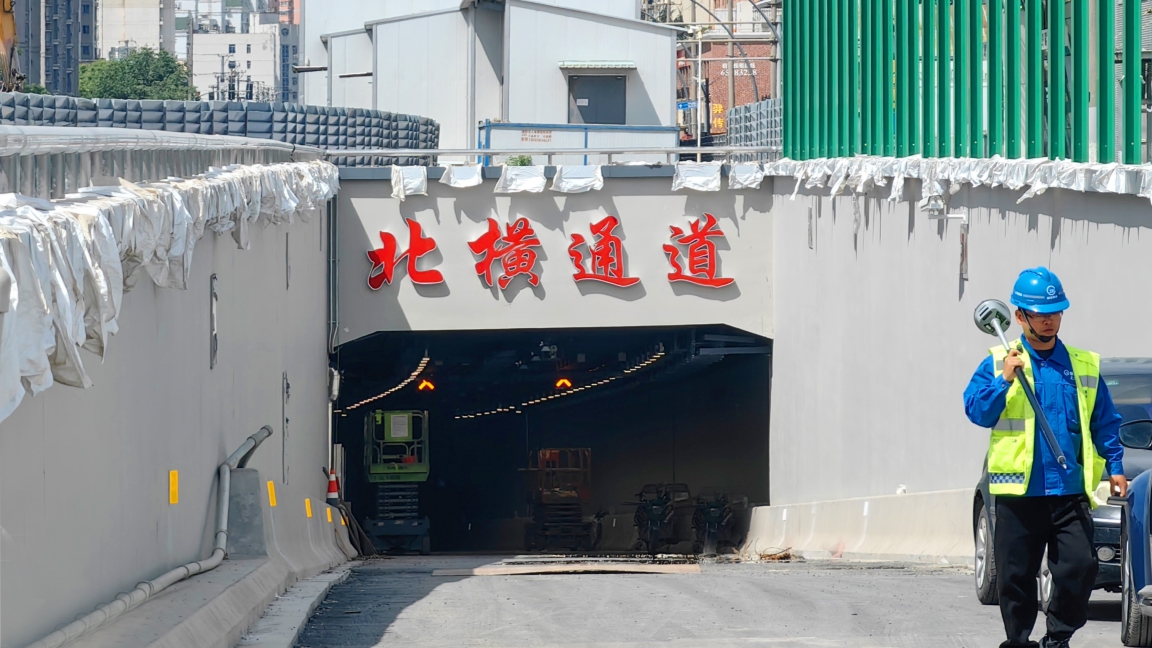
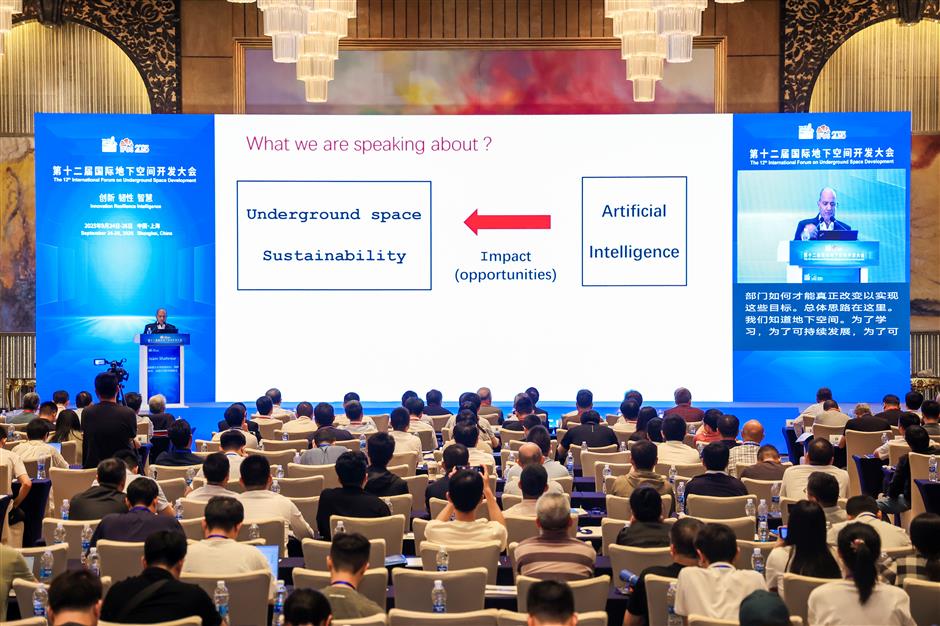
Isam Shahrour, an academician from the French Academy of Water Sciences, gives a speech at the 12th International Forum on Underground Space Development in Shanghai.
Shanghai has built more than 43,700 underground projects, covering 165 million square meters, city officials told a forum on Thursday.
That is more than three times the size of New York City's Manhattan, giving Shanghai one of the world's largest underground networks.
Last year alone, Shanghai completed the Beiheng Tunnel, the Yindu Road River-Crossing Tunnel, the Taihe Sewage Treatment Plant, and the new Songjiang Railway Station.
City officials said these projects show how underground space is helping ease congestion, improve water management, and expand transport links in one of the world's busiest megacities.
The announcement came as experts gathered at the 12th International Forum on Underground Space Development, a two-day event in Shanghai.
The forum drew more than 400 participants on-site and 50,000 online viewers, including scholars and engineers from China, France, Singapore, Japan and Russia.
The discussions focused on how underground projects can support sustainable growth in fast-growing cities.
Qian Qihu, a leading engineer, academician, and national medal laureate, said underground space will be key to China's efforts to build greener and smarter cities. He urged stronger integration of digital technology, artificial intelligence and new materials.
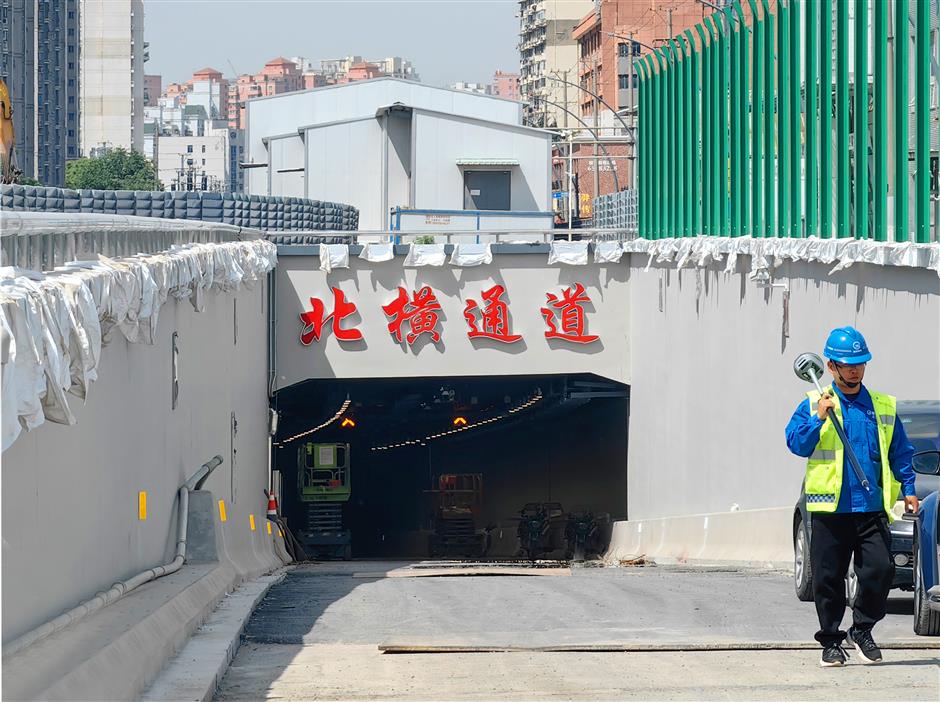
The Beiheng Passage passes through six districts – Changning, Putuo, Jing'an, Huangpu, Hongkou and Yangpu.
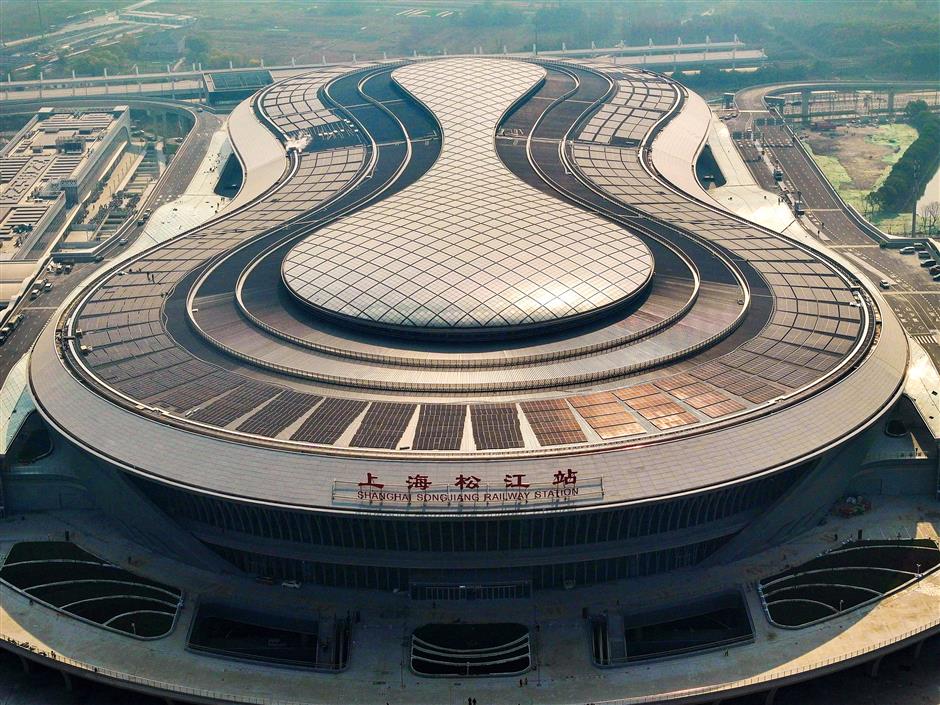
Songjiang Railway Station
"Underground space is not only for transport and utilities," Qian noted. "It can support energy transition, carbon storage and disaster resilience."
He called on governments, universities, and companies to work together to create innovative solutions for urban challenges.
Experts also highlighted how AI could transform the way underground infrastructure is designed and managed.
Isam Shahrour, an academician from the French Academy of Water Sciences, said AI could enable real-time monitoring of tunnels, improve safety in crowded transit hubs, and reduce maintenance costs.
Shanghai officials said the city will continue to expand its underground development in the coming years, with new metro lines, drainage systems, and transport hubs under construction. Future projects will emphasize smart construction methods and greener energy use.
"As a megacity, Shanghai must make full use of its underground space," said Liu Qianwei, chief engineer of the Shanghai Housing and Urban-Rural Development Commission.
"We will focus on safe, green and efficient projects to support high-quality urban growth."
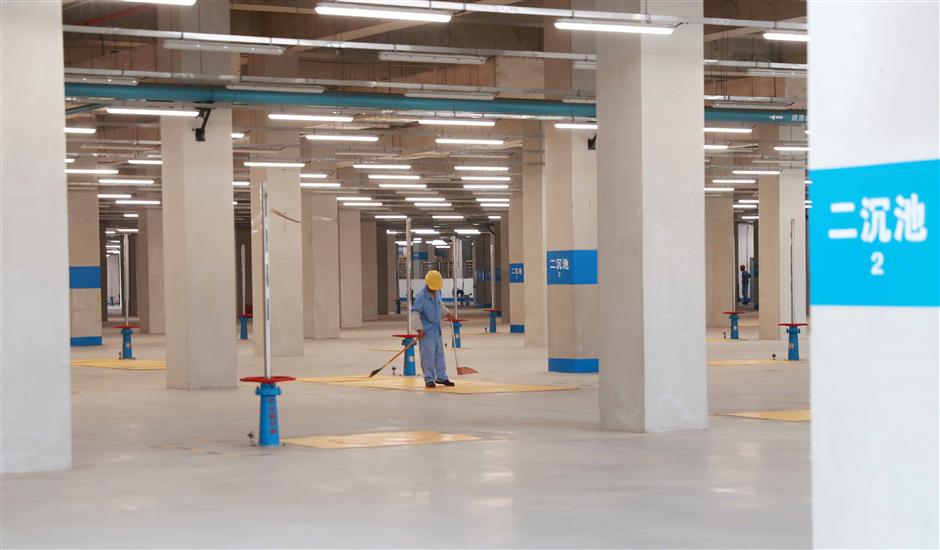
Taihe Sewage Treatment Plant

